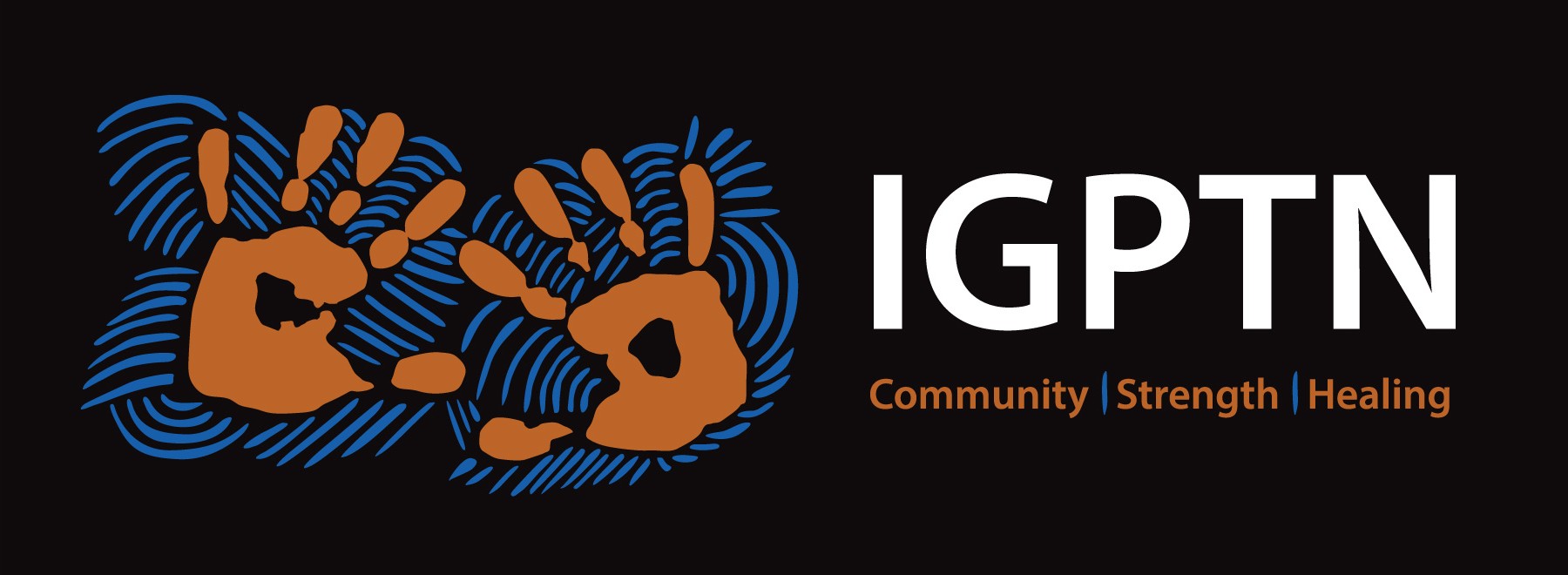- Full Name: Anastasia Jensen
- Who’s your mob?:
– Wagadugum tribe of Mabiaug Island
– Samsep tribe of Darnley Island - Where are you currently working? Mareeba, Queensland
- Are you ACRRM or RACGP? RACGP
- Are you a Trainee or Fellow? Trainee
- What does IGPTN mean to you?
A constant source of support and familiarity that motivates and supports me in my journey towards and beyond Fellowship. It has provided me with invaluable learning opportunities and guidance during my training. - How has IGPTN made a difference to you and your training?
Being a GP can be very isolating, and a registrar in training more so. IGPTN has provided a culturally safe place for me to connect and build strong relationships with other trainees or fellows. This has contributed towards my strength and resilience and have given me a safe support group. IGPTN has also exposed me to training and resource opportunities. - What is the impact of IGPTN on training and workforce equity for mob?
IGPTN provides training and support that increases the success rates of exam completion for improved number of retained Aboriginal & Torres strait islander fellows, and the resilience of its members. - What is the impact of IGPTN on health for mob?
By fostering the success of Aboriginal and Torres Strait Islander doctors, – they are by extension contributing to a health system where Aboriginal and Torres Strait Islander doctors can advocate for health and equity of mob, provide and teach (directly or indirectly) other health professionals culturally safe health care. - What is the most valuable part of IGPTN?
Formulating strong bonds with other registrars/fellows – since the beginning of our culture, we have taught one another through our stories and experiences. IGPTN allows us to do this – connect, bond and share our experiences, to learn from one another. No classroom, lecture or textbook can provide an equivalent. - Do you have a ‘Hero’ quote to share?
The GOOD doctor treats the disease; the GREAT doctor treats the patient who has the disease. ‘Sir William Osler’
